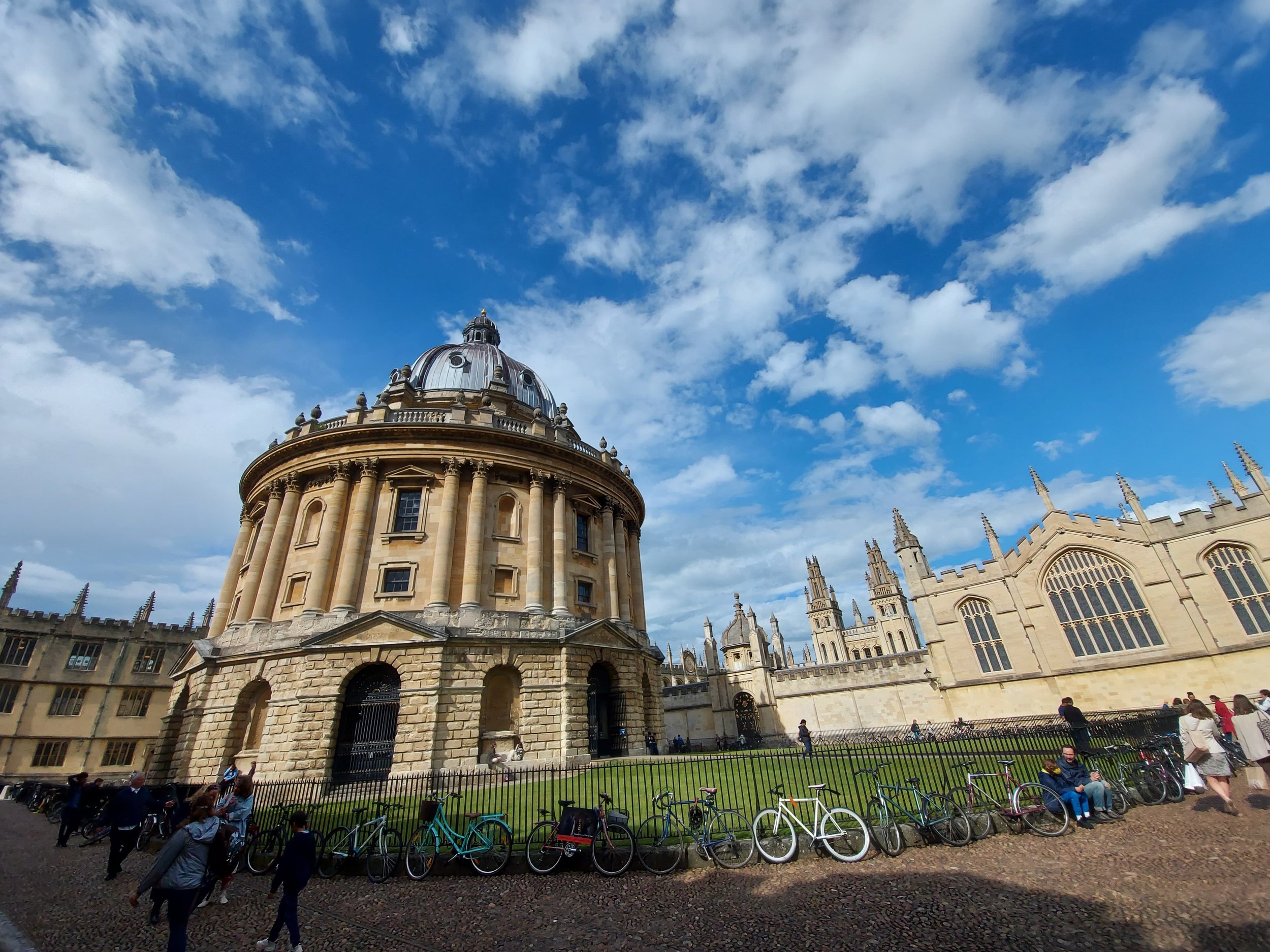
Our Curriculum
Vision and Mission
We are not a traditional debating camp. Our concern is not solely with turning out major breaking debaters but rather helping give excellent debaters and non-debating interlocutors the tools to take their intellectual passions out of debate rounds. We think competitive debating is great but has its limitations. Creating one-dimensional debaters who just speak fast and win rounds is not our aim. We don’t want our fellows to debate for years and win worlds; we want them to change the world. We also want to empower those who are not traditionally exposed to debating through equipping them with the specific kinds of analytical acumen sought after in intense oratory. That’s what Apollo’s about. So do not be deterred if you are/not a debater.
-
Effective Altruism
We think Effective Altruism (EA) is incredibly important as a set of ideals and want to give talented debaters to explore them. Through critical and Socratic dialogical methods, we hope to expose debaters to both cases for and against Effective Altruism. As compared with a direct imparting of Effective Altruism, we would rather ask youth to intellectually engage with the most pressing moral issues of our lifetime, and come to form independent views of their own on EA.
-
Knowledge
There are many ways to win a debating round, or to write a prolific essay, but what we value is winning through truth. Truth, in turn, is a cornerstone of knowledge. Whether it be debating, essay-writing, independent academic research and opinion piece-crafting, it’d be intellectually bankrupt if it’s just about reading and watching materials online and drilling the same arguments over and over. We want our fellows to engage in the intellectual richness of the wider world — not just cut cards and cookie-cutter ideas and arguments.
-
Community
No one can do good alone. One of the best parts of doing good together — via debating or collective academic action — is making friends with people all over the world, friendships that often last a lifetime. Even though the program is nominally one or two weeks at Oxford, we hope we can help provide the resources and networks for change-makers and -believers to make the world a better place.
-
Global Impact
A theoretical essay or a debate round is not the world — it never can be. For us success is about empowering bright, talented youth to look outside the arguments they make in academic and vanilla contexts, and see how they apply to the real world. That’s what makes argumentation and critique effective.
Our Method
-
Anti-Metagame
We don’t want our fellows to just debate like everyone else. Parroting the phrases “mechanism”, “solvency”, and “that’s symmetric” is intellectually barren. We want to teach our debaters to understand debating deeply so they can forge their own paths to the ballot. A restoration of argumentative and discursive rigour, that’s what matters intrinsically, beyond winning a round.
-
Drills and Autonomy
Our fellows should leave Oxford with the ability to self-improve. Debating is supposed to be empowering and we don’t think creating a dependency on more coaching is helpful. We want to teach them the methods we’ve used ourselves to get better at debating; not just tell them to pay for more courses elsewhere. For those who lack methodical debating training, this is also the course that will equip them with innovative and self-sustaining routines of growth and development.
-
Resources
The debating world, as with the real world at large, is unequal and unfair. Not everyone has the same resources at hand to compete. Instead of just talking about it we plan to give people the resources they need to succeed — both financial and cultural. This is why we’ve made this fellowship completely free and not just the program itself, but also flights, visas, food etc.
-
Skill Transapplicability
Debating teaches many skills but it can be myopic. We don’t want debaters who just do tournaments every weekend. We want to teach them how to move those skills out of the debate round. If you can write a case, you should be able to write a policy-brief! If you can write a policy-brief, you should be empowered to write opinion pieces, too!
-
Real-World Academics
Ultimately, we are all students first and debaters second. Too often we see debaters reduce concepts into bite size pieces and turn ideas into sophistry. We plan to have debaters engage in the rich literature and academics who underpin a lot of the arguments not just give powerpoint lectures.
-
Shared Ambition
We want our fellows to dream bigger. Our curriculum is rigorous and we want our fellows to work together to get all they can out of the fellowship. We’ve coached top debaters from many circuits. We’ve been through the highs and lows of competitive debating — and many of us have experience beyond the realm of debate. We know what it takes.
Example Schedule:
09:30 - Breakfast
10:30 - Lecture 1: Technological Changes and Geopolitics
12:30 - Lunch
13:30 - Lecture 2: Meta-ethics and Morality in BP
14:30 - Workshop: Debating skills and forecasting
16:00 - Guest Speaker Q&A: AI Governance
18:00 - Dinner w/ Guest Speaker
19:00 - BP Practice Round
21:00 - Office Hours
22: 00 - Lights out